About This Series
We all know little ears are always listening, even when we wish they weren’t.
They hear the good stuff (“I love you”), the slip-ups (“I can’t deal with this”), and the quiet things we say when we think no one’s paying attention.
This four-part series looks at how the words we say around our kids shape the way they see themselves, and us.
From the throwaway phrases that stick to the feelings we never learned to name, we’re unpacking how language builds (or breaks) the stories they grow up believing.
It’s not about getting it perfect or parenting by script.
It’s about noticing what slips out, rewriting the bits that don’t serve us, and raising voices that know their worth, including our own.
The Words They’ll Remember
Little ears have big memories.
They hear everything.
Not just the “I love yous,” but the sighs, the mutters, and the “I’m so stupid” when we spill the milk or forget the password… again.
We like to think we’re flying under the radar when we mumble to ourselves in the kitchen, but our kids are expert observers. They’re absorbing how we talk about ourselves, to ourselves, and around them, and those words quietly become part of their inner voice.
We’re not just raising kids. We’re narrating the world for them.
The question is, what story are we telling?
The Real Talk Bit
This isn’t about being perfect. No one expects you to skip around the house chanting affirmations while your coffee goes cold.
It’s about being intentional.
If we want our kids to believe they’re capable, kind, resilient little humans, then the language they hear most needs to reflect that, especially when we’re talking about ourselves.
Think about it:
If they hear us call ourselves “useless,” “fat,” or “bad with money,” what are they learning about self-worth, bodies, or failure?
They’re learning the rules from us, one muttered phrase at a time.
Try This Mini Shift
Next time you catch yourself criticising yourself out loud, pause.
Then try flipping it.
-
“I’m such an idiot” → “That was frustrating, but I’ll sort it out.”
-
“I look terrible” → “I’m tired, but I’m showing up.”
-
“I can’t do this” → “This is hard, but I’m learning.”
It’s awkward at first, but you’re not just changing your language, you’re teaching your child what grace, growth, and self-compassion sound like.
✨Mini Challenge
This week, listen for the words your kids repeat back to you.
Do they echo your encouragement or your self-criticism?
No guilt, just awareness.
Because the way we speak to ourselves becomes the soundtrack they grow up with.
💬 What’s something your kid has repeated back to you that made you laugh… or cringe?
Share it in the comments, no judgement, just solidarity 🙃
💡 Read the full What We Say Around Our Kids Series:
- Part 1: The Words They’ll Remember
-
Part 2: How “Be Good” and “Be Quiet” Still Echo - drops 5 Nov 2025
-
Part 3: Talking About Feelings (Even When We Didn’t Learn How) - drops 12 Nov 2025
-
Part 4: Raising Voices That Know Their Worth - drops 19 Nov 2025





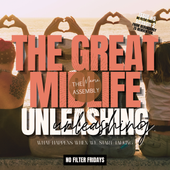

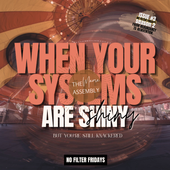
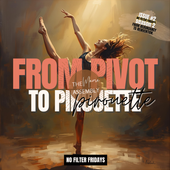


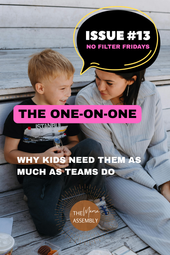

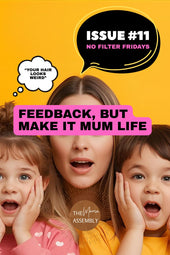
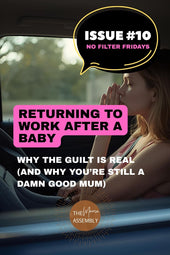

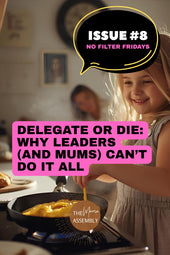



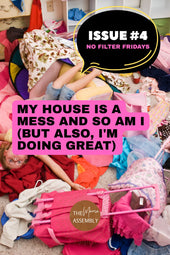

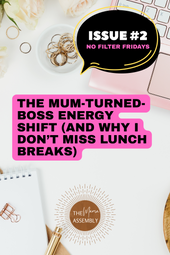
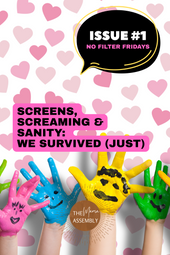




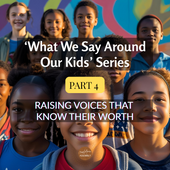
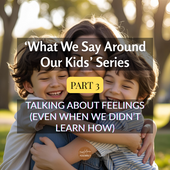
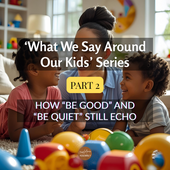






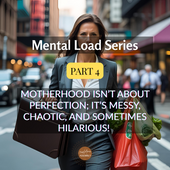
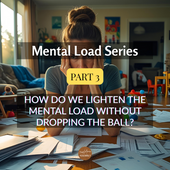


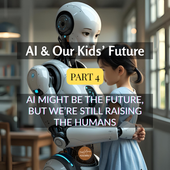












0 comments